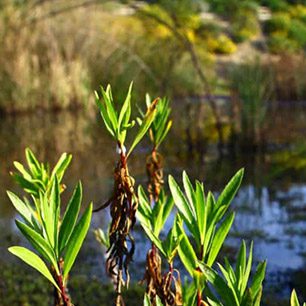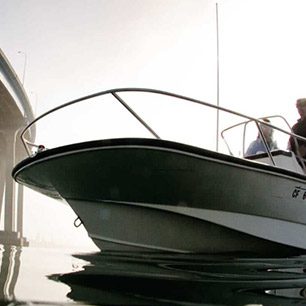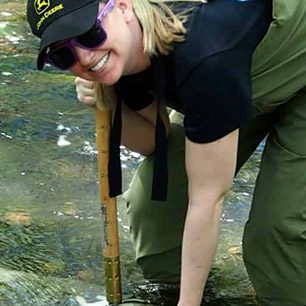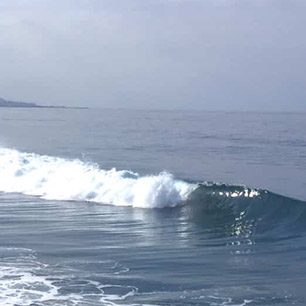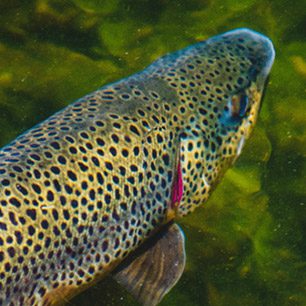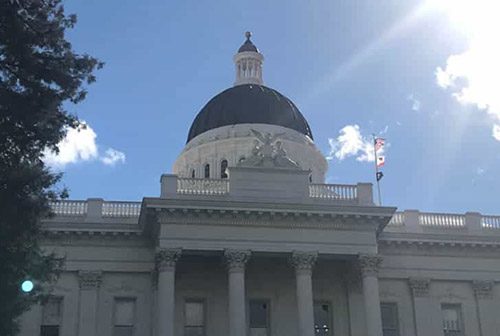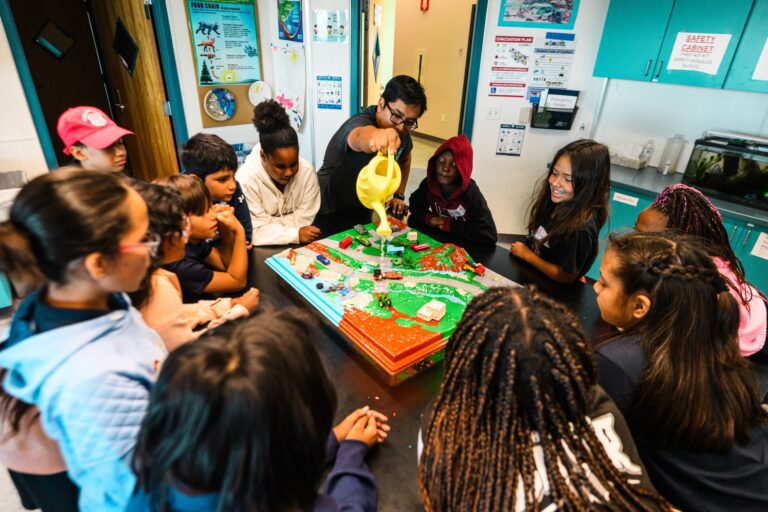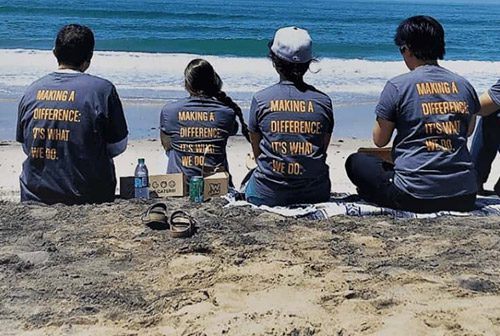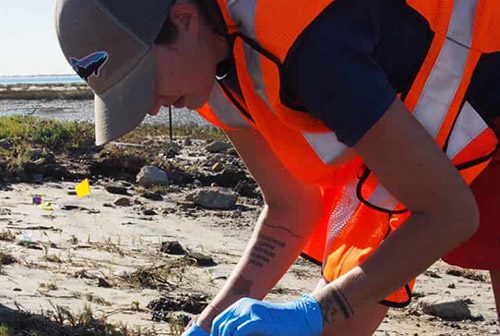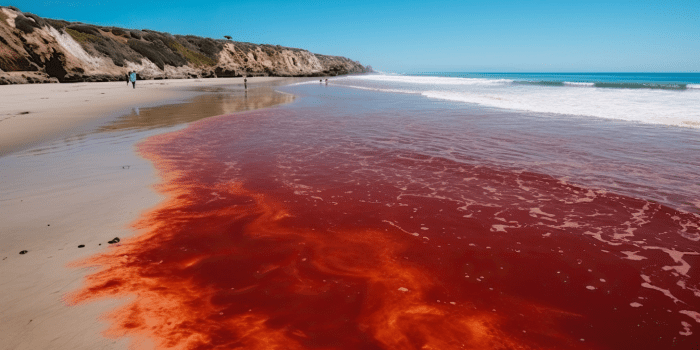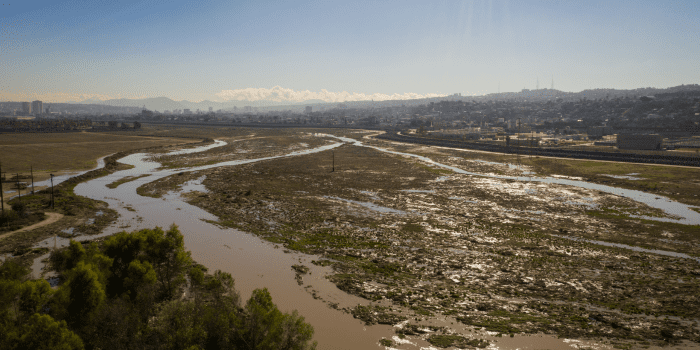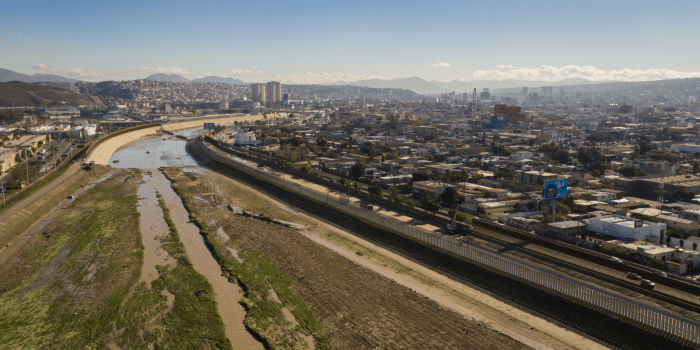As any beach-goer knows, plastic foam (commonly known as Styrofoam) pollution is a huge problem on San Diego beaches. It is the third most common form of litter found in Coastkeeper’s beach clean-ups, and its prevalence is continuing to grow. The number of foam pieces has increased from 12,000 pieces in 2009, to 25,000 pieces in 2010. Immediate action is necessary to put a stop to the problem of plastic foam pollution.
As any beach-goer knows, plastic foam (commonly known as Styrofoam) pollution is a huge problem on San Diego beaches. It is the third most common (link to https://www.sdcoastkeeper.org/learn/marine-debris/data-from-san-diego-beach-cleanups.html) form of litter found in Coastkeeper’s beach clean-ups, and its prevalence is continuing to grow. The number of foam pieces has increased from 12,000 pieces in 2009, to 25,000 pieces in 2010. (link to https://www.sdcoastkeeper.org/learn/marine-debris/data-from-san-diego-beach-cleanups.html). Immediate action (link to https://www.sdcoastkeeper.org/act/speak-up/stop-the-polystyrene-pollution.html) is necessary to put a stop to the problem of plastic foam pollution.
Putting an end to plastic foam pollution was the goal of SB 568, (link to https://www.sdcoastkeeper.org/blog/marine-debris/item/149-sb-568-%E2%80%93-the-california-polystyrene-food-container-ban.html) which reached the state Assembly in mid-August 2011. The bill would phase out the use of plastic foam packaging for food vendors by 2016. SB 568 received significant opposition from restaurant owners and managers, who feared that making the switch from foam to a more sustainable option would affect their business’ financial stability. However, there are many similarly priced alternatives available (link to http://cleanwateraction.org/files/publications/ca/CWA%20Fact%20Sheet%20on%20SB%20568.pdf) and customers often appreciate sustainable options. In fact, many cities and municipalities all over California have already banned plastic foam (link to ..Other cities and groupsCA Cities with Foam Bans 2011.pdf) with little to no impact on businesses (link to ..alternatives researchPrint Article_ San Clemente restaurants shrug at plastic-foam ban.pdf). Unfortunately, opposition to SB 568 has caused the bill to be put on hold until further notice.
Although SB 568 has been set aside for now, many environmental groups are hard at work to generate support for future efforts to reduce plastic foam litter. At San Diego Coastkeeper, we are conducting outreach to San Diego food vendors, entreating them to switch away from plastic foam and to voice their support for alternative packaging. Help encourage your favorite restaurants to switch from plastic foam by requesting a sustainable alternative to plastic foam packaging, or contact me (link to
[email protected]) to learn how you can helpAs any beach-goer knows, plastic foam (commonly known as Styrofoam) pollution is a huge problem on San Diego beaches. It is the third most common (link to https://www.sdcoastkeeper.org/learn/marine-debris/data-from-san-diego-beach-cleanups.html) form of litter found in Coastkeeper’s beach clean-ups, and its prevalence is continuing to grow. The number of foam pieces has increased from 12,000 pieces in 2009, to 25,000 pieces in 2010. (link to https://www.sdcoastkeeper.org/learn/marine-debris/data-from-san-diego-beach-cleanups.html). Immediate action (link to https://www.sdcoastkeeper.org/act/speak-up/stop-the-polystyrene-pollution.html) is necessary to put a stop to the problem of plastic foam pollution.
Putting an end to plastic foam pollution was the goal of SB 568, which reached the state Assembly in mid-August 2011. The bill would phase out the use of plastic foam packaging for food vendors by 2016. SB 568 received significant opposition from restaurant owners and managers, who feared that making the switch from foam to a more sustainable option would affect their business’ financial stability. However, there are many similarly priced alternatives available and customers often appreciate sustainable options. In fact, many cities and municipalities all over California have already banned plastic foam with little to no impact on businesses. Unfortunately, opposition to SB 568 has caused the bill to be put on hold until further notice.
Although SB 568 has been set aside for now, many environmental groups are hard at work to generate support for future efforts to reduce plastic foam litter. At San Diego Coastkeeper, we are conducting outreach to San Diego food vendors, entreating them to switch away from plastic foam and to voice their support for alternative packaging. Help encourage your favorite restaurants to switch from plastic foam by requesting a sustainable alternative to plastic foam packaging, or contact me to learn how you can help.
